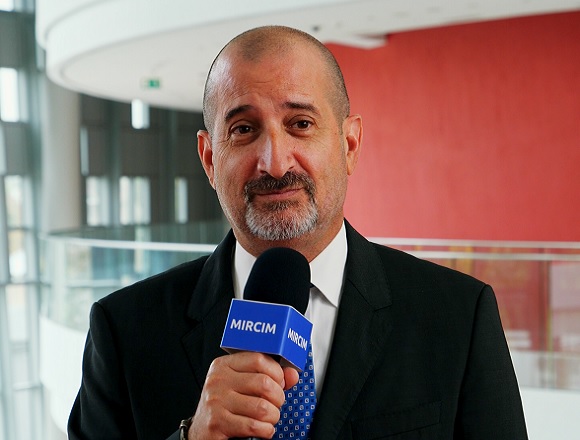Joanna Dionne, MD, MSc, PhD, is an assistant professor in the Division of Critical Care and Division of Gastroenterology at McMaster University.
What are the essential elements of acute liver failure (ALF) management? Which elements of management are the most important for prognosis?
Key management details are (1) taking a very thorough history to try to identify the culprit of what’s led to someone’s ALF, as well as recognition of ALF and ensuring that these patients are managed in either a step-down unit or the intensive care unit.
Principles of management include collaboration with a transplant center, transplant hepatologist, as well as frequent, q 1 hour, monitoring of neurovitals and consideration of the use of N-acetylcysteine therapy, which has evidence in non–Tylenol associated liver failures—and that’s recommended by the European Association for the Study of the Liver (EASL) as well. And the use of continuous renal replacement therapy (CRRT) for ammonia clearance to prevent increase in cerebral edema and intracranial pressure, and also making sure it’s collaborative with the transplant center.
 English
English
 Español
Español
 українська
українська







